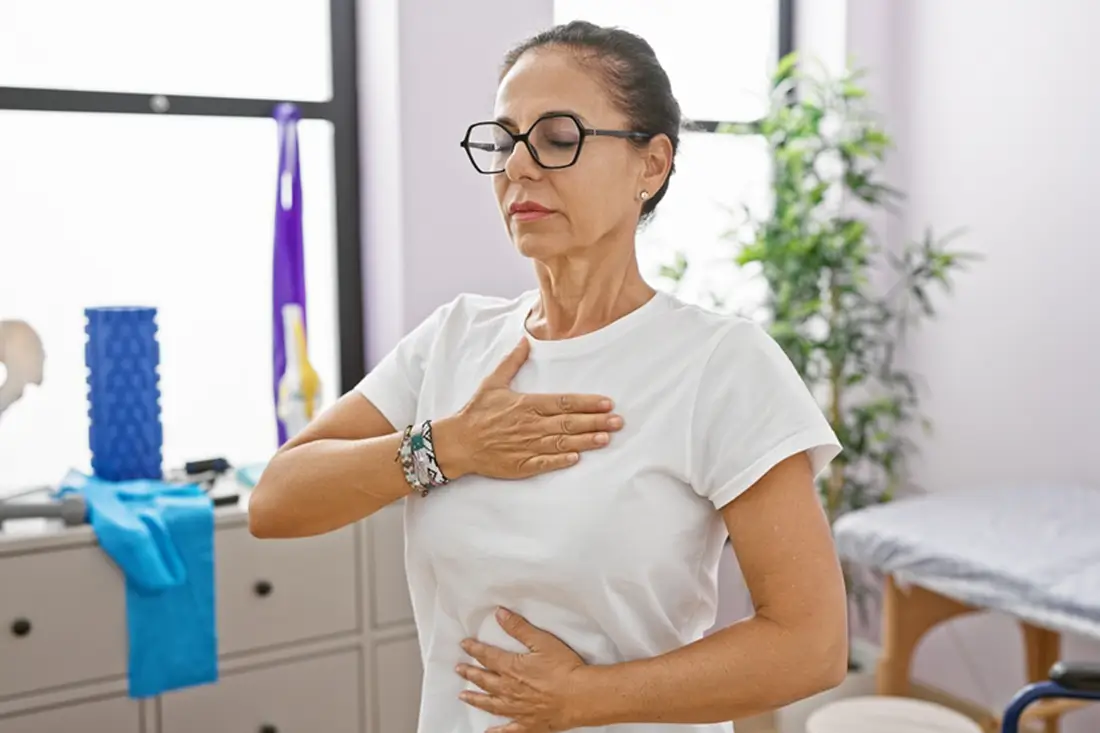Maintaining a healthy and balanced diet is important for all ages. However, once you start ageing, this becomes more crucial and less of a choice. Primus Senior Living is a premium senior living community that prioritises the health and well-being of seniors by addressing their unique dietary needs. Although the dietary needs or quantity or type of vitamin intake changes from person to person, there are a few important vitamins that seniors should consume mandatorily without compromise.
Must-Have Multivitamins For Elders
Below are six essential vitamins that seniors shouldn't miss as they support and improve various bodily functions in seniors.
1. Vitamin D
Vitamin D helps in maintaining bone health and muscle strength, preventing fractures, and reducing the risk of osteoporosis. Another reason why seniors must get enough vitamin D is to decrease the likelihood of falls. According to research, Vitamin D aids in the absorption of other vitamins such as calcium. The best source of Vitamin D, as you might already know, is sunlight. If you are not able to get enough sunlight, Vitamin D can also be found in fatty fish, milk, other dairy products, breakfast cereals, etc. Ensure stronger bones and achieve enhanced immunity with the right amount of Vitamin D intake.
2. Calcium
As you age, there is a high chance of you losing more of this mineral than you absorb. This can increase the risk of osteoporosis and fractures, especially in women post-menopause. Calcium is crucial for proper muscle function, nerve transmission, and blood clotting. It contributes to the overall skeletal health. To tackle this problem, it is highly advised to incorporate calcium-rich foods in a senior's diet. Primus Senior Living community has an on-campus restaurant where professional chefs prepare and serve delicious food that aligns with the dietary requirements of elders. This ensures seniors lead an active and fulfilling life without vitamin deficiency issues.
3. B Vitamins
B vitamins, namely B6, B9 (folate), and B12, are essential for healthy nerve function, heart health, mental health, and blood pressure. B vitamins also play a crucial role in energy metabolism, i.e., converting food into energy which helps in overall vitality. As you age, the stomach acids decrease, which, in turn, makes it difficult for the stomach to break down and absorb B vitamins. Seniors with B vitamin deficiency are at increased risk of anaemia and neurological problems like dementia. The right amount of B vitamin intake ensures reduced fatigue in seniors. Food items like meat, poultry, milk, eggs, cheese, etc. are rich in B vitamins and incorporating these items into their diet will keep the seniors away from B vitamin deficiency.
4. Omega Fatty Acids
Omega fatty acids, especially, Omega 3 and Omega 6 are healthy fats that play a pivotal role in energy, healthy vision, and smooth joint function. They also help in lowering cholesterol, blood pressure, and risk of cardiovascular diseases. The anti-inflammatory properties contribute to joint health and keep arthritis symptoms under control. Including omega-3s in the diet can also decrease the risk of cognitive decline and Alzheimer's disease. Omega fatty acids can be found in abundance in seafood, flaxseeds, walnuts, and soybeans.
5. Iron
Iron helps in making red blood cells, which are responsible for carrying oxygen around the body. Having the right amount of iron ensures that the oxygen is circulated throughout the body smoothly. It helps in preventing anaemia and enhances the immune function, which protects seniors from infections and illnesses. Seniors must include iron-rich foods like lean meats, pulses, eggs beans, cereals, etc. in their diets for overall health and well-being in their golden years.
6. Vitamin A
Vitamin A is crucial to keep the immune system and vision strong. It acts as a defence against infections and illnesses. Moreover, it promotes skin health, cell growth, and the smooth functioning of organs. Food items like carrots, broccoli, sweet potatoes, and leafy greens are rich in Vitamin A. Including these in the diet will keep the seniors away from the risk of age-related macular degeneration and weakening immunity.
Seniors could avoid taking supplements if they incorporate foods rich in various vitamins. Primus Senior Living community is dedicated to enhancing the quality of life for seniors and providing them with the best of care, convenience, and comfort. The meals are planned by nutritionists, curated accordingly, and served with high standards of hygiene. Multivitamins for elders are often recommended to ensure the right amount of vitamin intake. It acts as a supplement to fill potential nutritional gaps. However, as long as they are having food rich in essential vitamins and minerals, supplements are not necessary. Having said that, dietary needs differ from person to person and it is important to consult a health professional before you make any decision regarding supplements for vitamins or multivitamins for elders. At Primus Senior Living community, health professionals are just a call away. We take a proactive approach towards health care and that’s why we have 24*7 medical care inside the campus. Interested in knowing what more peculiarities Primus comes with? Check out the Primus website now!




Leave a Comment